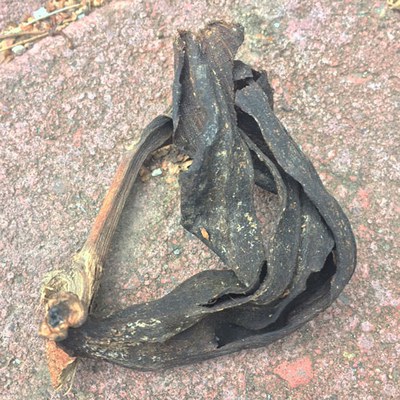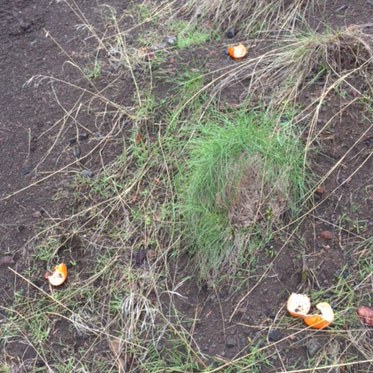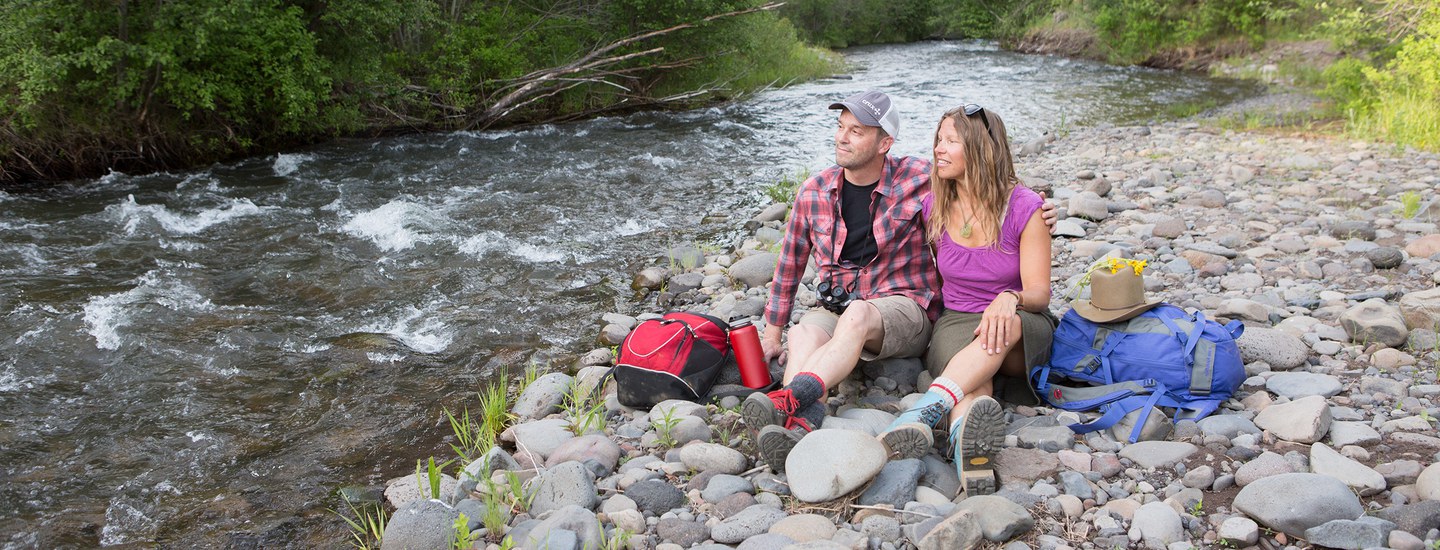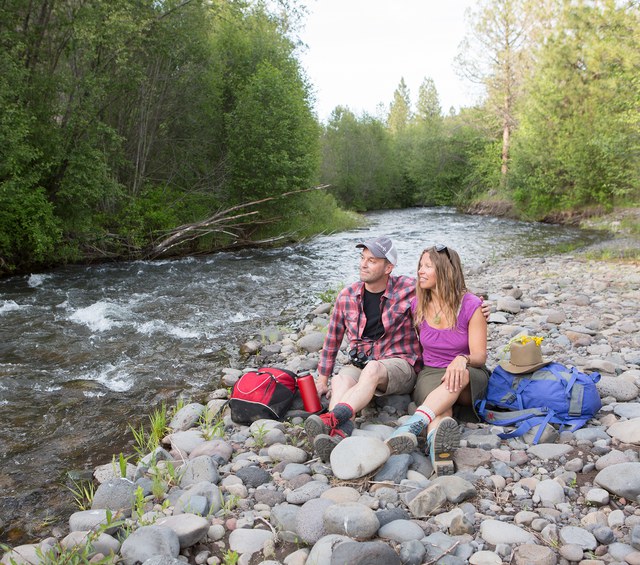When you’re packing snacks or a lunch to eat during a walk or hike, what do you bring? Do you think about bringing a banana, orange, or pistachios, since their peels and shells are biodegradable? After all, they’re natural, right? Just how long does it take for these things to decompose? Let’s take a look!
Orange peels: It is estimated that orange peels take around 6 months to decompose, although in drier environments like Central Oregon, oranges can last indefinitely. It’s interesting to note that orange peels contain a natural insecticide, keeping it safe from insects nibbling on it. (Have you ever thought about how more “natural” insecticides usually have some type of citrus oil in them?)
Pistachio shells: Pistachio shells decompose slowly and can take several years to biodegrade completely in a compost pile. Since compost piles offer more ideal conditions to decompose than a natural environment, it is likely pistachio shells will take even longer than 3 years to biodegrade in the outdoors.
Other items: While outdoors, there are several other items that are often left behind. Toilet paper can take 5 weeks or more to biodegrade, depending on whether it’s been buried or not. Kleenex would theoretically take a little longer, if using ones that are thicker than toilet paper. Wet wipes take around 100 years to decompose. Dog poop bags biodegrade in around 10-20 years. Overall, it seems things take a long time!
There are several reasons why it’s better to not throw your organic litter on the ground when you’re outside. One reason is for the benefit of wildlife. When wildlife (including squirrels, chipmunks, and birds) eat something that’s not typically in their diet, it often leads to future issues, including things like an inability to process large amounts of salt or winter starvation.
Another reason is for the benefit of other people enjoying the outdoors. There are people who enjoy the feeling of solitude and “being in nature” that can exist while being outside. Seeing human litter on the trail (in any form) can remove that feeling. And I’ve never met someone who enjoys finding used toilet paper! Not leaving organic litter while outdoors is respectful of others’ experiences.
Along the same line, please be respectful if you want to educate someone about decomposing litter. Lecturing is typically not the most respectful or successful way to talk to others enjoying the outdoors. Also, keep in mind that not everyone has had the privilege to experience the outdoors from a young age and gotten the opportunity to learn about things like biodegradable litter (we’re all continuing to learn, after all!).
What should I do then?
There are a few options. Certainly, continue to bring bananas, oranges, and pistachios with you when going outside. You can bring an extra plastic bag with you for trash, then dispose of it when you get back home. If you want extra credit, you can have a bag for organic trash that you put in your compost pile when you’re back home. You can also look at other snack options or buy pre-shelled pistachios. A good general rule of thumb is that if you bring something with you when outdoors, you should bring it back with you too.
One last note
Decomposition of items varies based on environmental factors like sun exposure, rainfall, elevation, etc. While I have tried to be as accurate as possible for Central Oregon, please keep in mind that things could take longer or shorter, depending on where they are left.
Thank you to the Deschutes Trail Coalition and the Access Fund for their assistance with decomposition times for this blog post.
Learn more:
- Being Better Stewards for Land and Wildlife
- Leave No Trace website
- The Miseducation of Leave No Trace
- Support the Deschutes Land Trust and protect our special places


